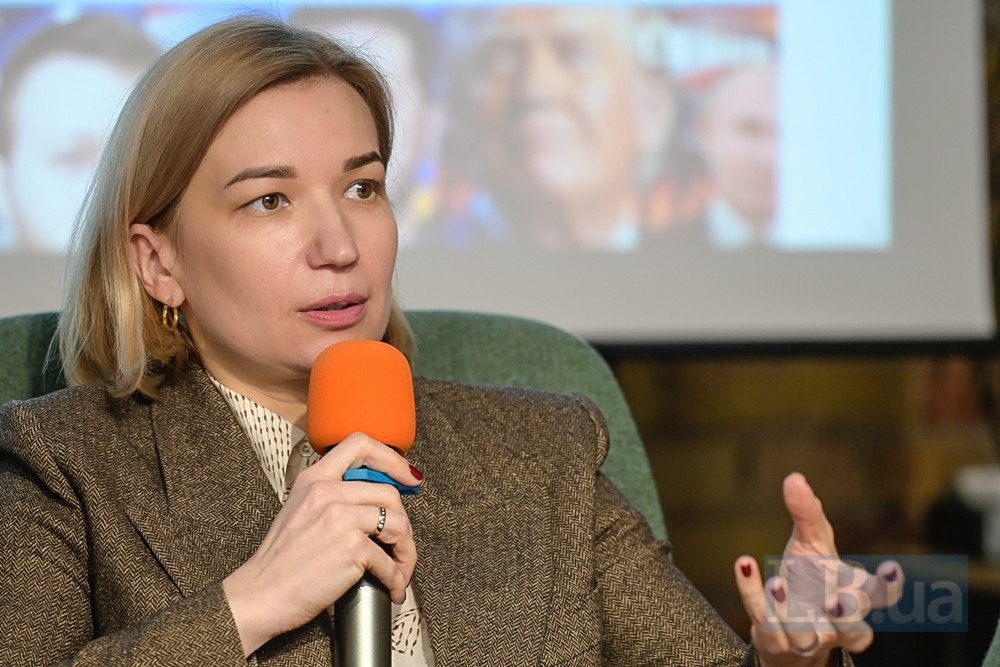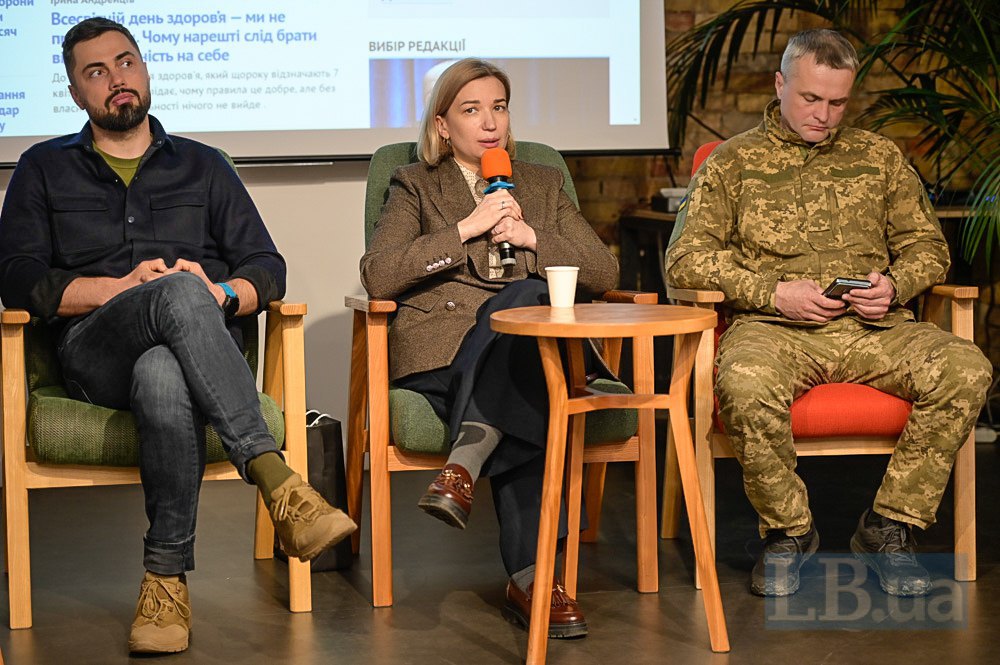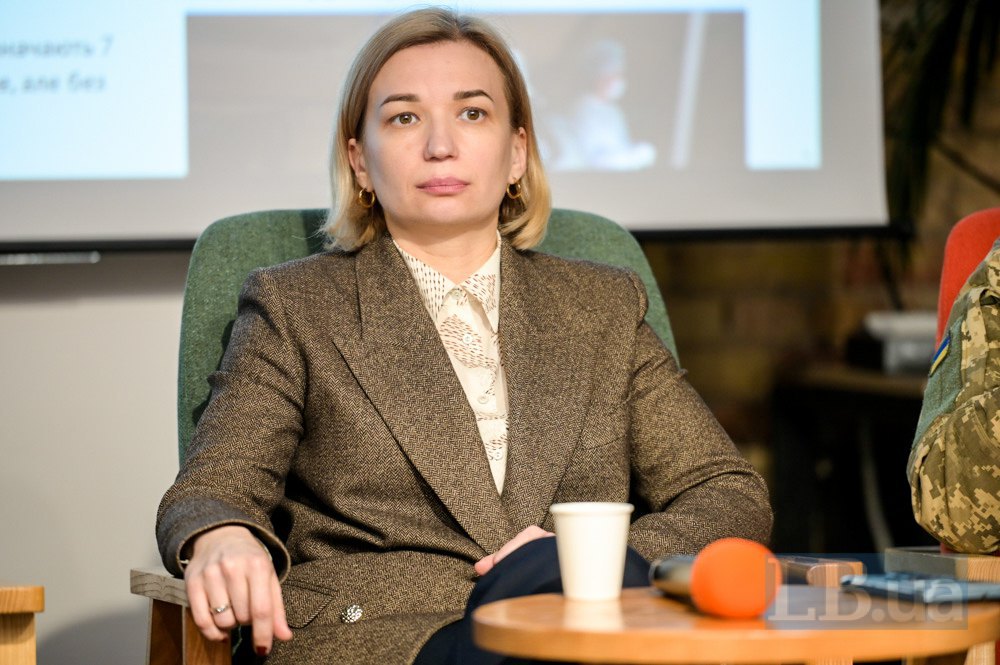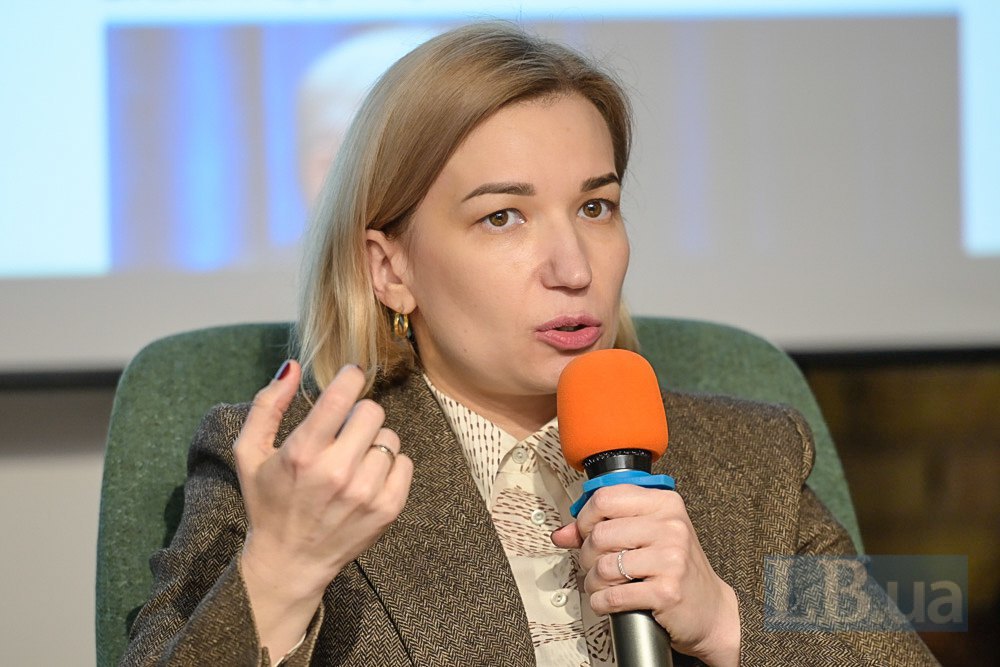
When are elections realistically possible?
‘I don't have an answer to the question of when the elections will be held, because under certain circumstances they can be held under the conditions of the legal regime of martial law and during the ceasefire. They can also be held after the end of the major phase of the war and the end of the right-wing martial law regime. It all depends on political flexibility and leaders in the Office of the President, as well as the parliament itself, which has certain options to, for example, hold a presidential campaign even before the end of martial law,' explained Olha Ayvazovska. So far, she notes, there have been no specifics from those who make such decisions.
However, she does not quite believe in the possibility of preparing for the elections in less than 12 months, as the electoral cycle needs to be protected from external interference; the population, citizens, participants, subjects, managers, and cyberspace need to be protected. And these are all different stages, tools and a lot of time.
‘The average figure is 12 months. When I hear about three or four months, I can focus on just one topic of the State Register and tell you what it will look like in the field when 70-80% of the register data in specific communities is not true. And what can be done with the data of people who are converted into votes in the protocol, if there is a clear understanding of the administration's leadership that these people are not there, no one will come and vote for them,' says Olha Ayvazovska, chair of the board of the civil network Opora, who has been monitoring election campaigns in Ukraine for over 20 years.
What are the risks of elections?
Ukraine needs to be prepared for the elections - morally, mentally, and managerially, the expert notes. Because, of course, this is a strong divisive factor for society.
‘This is a period of natural polarisation, when each political group tears off a potential piece of the undecided electorate and profits from it. And the hotter the discussion, the more confrontational it is, the more likely it is that you will separate your own from others. And you turn your own supporters into followers who follow you, who mobilise others, and who eventually give you a potential percentage of support that is converted into a programme, a faction, influence, a government, and so on. Therefore, it is an obvious fact that elections cannot unite anyone. They divide,' says Ayvazovska.

But if there is well-mannered communication, understanding of the red lines where we have no right to move, because we will destroy our statehood, she emphasises, this ideological and programmatic polarisation is beneficial for the state.
‘Because then you are discussing how best to restore your motherland. And not about how to do everything to make your electorate hate the other electorate and be ready even for a civil confrontation. Because the processes that we have seen since 2016 in the United States of America are precisely the polarisation that has led to splits in society,’ the expert says.
In Ukraine, there is no polarisation at the moment, she believes. There is a distance of experience.
‘That is, a conventional wife of a military man who has lost her husband will go to seek understanding or support from the conventional wife of another military man. Even if he is alive and well. Or invest her time to help others. She will not seek support from a wife who is burying her husband in some cottage in Transcarpathia. Because the experiences of war are so different that they do not allow us to be ready to create families, kinship, friendships, to want to work together with those who have contradictory experiences,' explains the chairman of the board of the civil network Opora.
‘The issue is to prevent this trauma from becoming part of the political discourse. Because each of our experiences - positive or negative - can be used by political actors against us. Therefore, politicians must realise that when the natural polarisation comes, the electoral polarisation, they must not allow gaps in society to mobilise their electorate. This means going to the point of destroying your own statehood. Because sooner or later, this can lead to public confrontation,’ she adds.
At the same time, Olha Ayvazovska urges not to denigrate politics and to remember that it is a full-fledged part of society.
‘The worst scenario I personally see for Ukraine is the Georgian one after the resumption of political processes. If citizens don't know where they came from, don't believe in anything but rubbish, and read anonymous telegram channels, they are a great resource base for disinformation, and we will lose the peace. We can win the war, but we are losing the peace. So, in my opinion, our role is also to not denigrate politics as a process, not to forget that politics - the political right, the right to participate, the right to govern one's state - is part of the Universal Declaration of Human Rights,’ the expert said.
Why diplomacy does not produce the expected results
The current ceasefire talks are not yielding results because there are no conditions that would force the parties to make decisions, says Olha Ayvazovska.

‘When both sides are not 100 per cent exhausted, there are no conditions for diplomacy, no desire on both sides to reach an understanding. If you have to meet in the middle, live and die, you have nothing there. That is why we have no points of convergence between the positions of the Ukrainian and Russian sides.
Moreover, there is no Ukraine in the conditional current track. Because Ukraine does not have a voice and does not have the weight of its positions that is necessary to seriously counter the interests of the other side plus the United States, which do not behave in a way that is entirely in line with traditional positions,’ Ayvazovska believes.
She notes that she has studied the experience of Northern Ireland. There, the parties decided to enter into real negotiations only when both were completely exhausted, and ‘every next day, every next step worsened the situation for both sides so much that there was no way out of the situation other than to negotiate,’ the expert adds.
‘Did these negotiations happen overnight? No, they didn't. I stayed in a hotel in Belfast that was attacked 34 times during the secret talks between representatives of both sides. That is, even in these conditions, more radical groups tried to disrupt this story,’ said the head of the board of the civil network Opora.
What diplomats can do in these circumstances is to buy time; to form alliances with those who are ready to support Ukraine and increase its capacity not to run out of steam tomorrow; to make sure that Ukraine's voice is heard as much as possible, especially where it is, unfortunately, artificially twisted, says Olha Ayvazovska.
In her opinion, today Ukraine should seize the chance to coordinate joint security measures with Europe, not as a supplicant, not as a victim, but as partners.
Reparations and punishment of the aggressor as red lines
‘Peace cannot be sustainable if it is not fair,’ says Olha Ayvazovska, ‘because one side will not accept its results and in the next year, three, ten, twenty, it will either commit aggression or collapse in one way or another. We saw this after the First World War, and partly after the Second World War in the Balkan region.’
Therefore, according to the expert, the red lines include fair compensation for the losses suffered by Ukraine as a result of Russian aggression. And 300 billion of Russia's frozen assets in the world will definitely be part of the negotiations.

‘The question is how to multiply these funds and convert them into a stabilisation fund that will help Ukraine continue the war in a defensive and legal manner, in accordance with the UN Charter, at the expense of the taxpayers of the Russian Federation. Because we are talking about sovereign assets,’ Ayvazovska said.
And the second mandatory element of a just peace is the punishment of criminals.
‘The war will never end in the region if the criminals also receive contributions as a profit. Because, excuse me, some of the theses about the so-called mineral agreements (with the US - Ed.) resemble contributions. A country that has suffered aggression must give everything to everyone so that someone calms down, sits down at the negotiating table and continues business as usual,’ the expert says. Therefore, it is very important that a special tribunal against Russia is established and starts working.
‘There is already a draft of the charter, lawyers have completed their work, made certain decisions, clarified all types of immunities, everything that prevented us from punishing high-ranking Russian officials for the crime of aggression,’ said Olha Ayvazovska. - ‘The question is that without the United States and without Russia, we, together with those EU countries and those member states of the Council of Europe who are aware that there can be no just peace without punishing criminals who will return to commit crimes in this or that region, need to draw this red line. Whatever Trump and Putin agree on through their representatives or directly, the tribunal must be established, must work, and must ensure that peace is sustainable and that criminals are punished.’
Video of the discussion:








